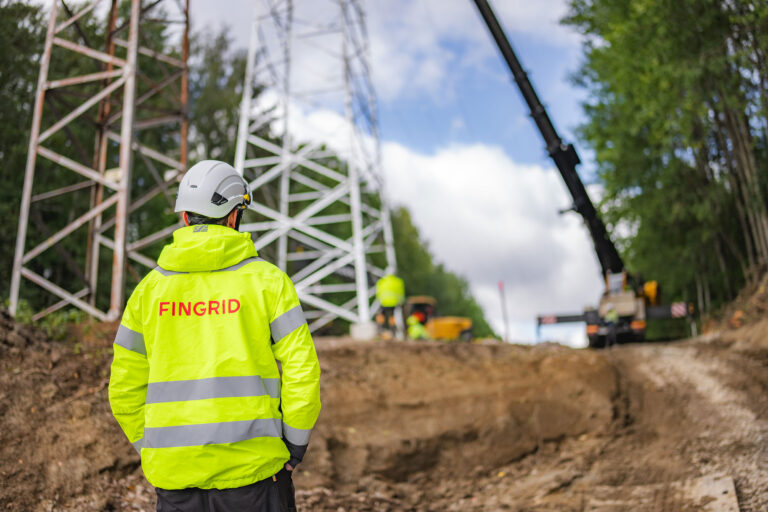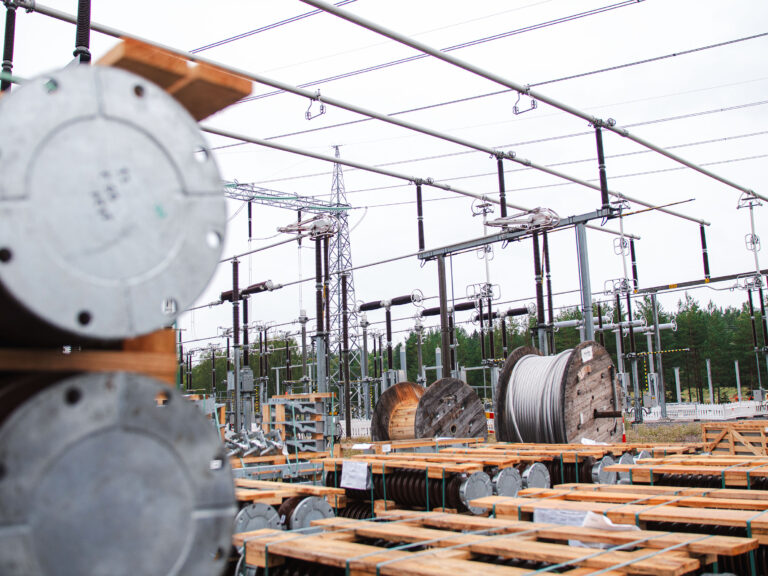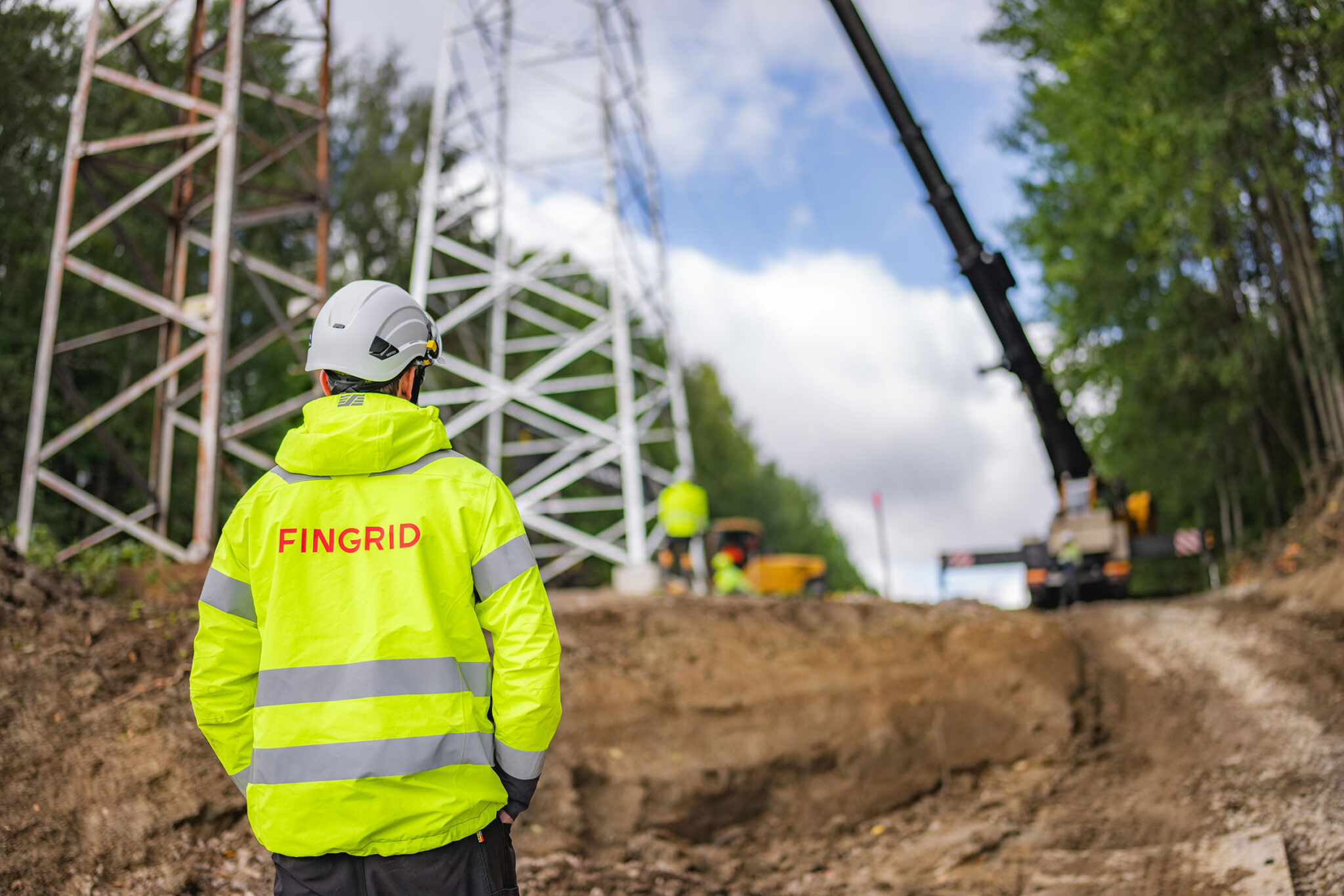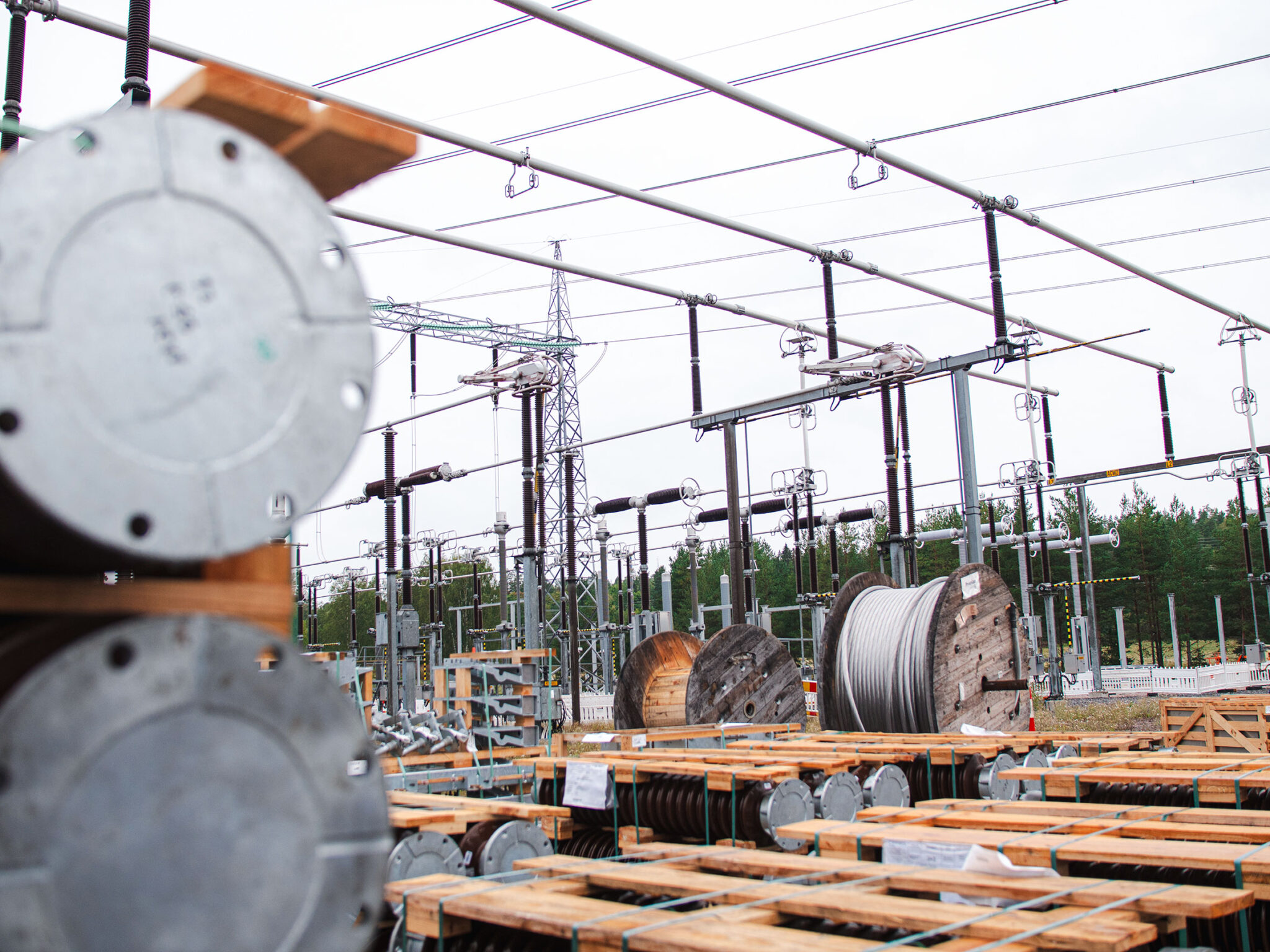The Nordic transmission system operators jointly own the Nordic Regional Coordinator Centre (RCC), which will begin operating on 1 July 2022. The company will replace the previous operational planning office known as the Nordic Regional Security Coordinator (RSC) and expand the scope of its activities.
One new area where RCC will operate is in analysing faults in the Nordic electricity grid and reporting on them. In the future – the current estimate is 2024 – it will also begin calculating how much the transmission system operators will need to have in reserves to enable electricity to be generated in the event of a disruption in the power system. The RCC will also determine how much each transmission system operator can use power plants in its neighbouring countries to address the needs of the balancing capacity market.
The RCC will carry on from the RSC as the Nordic grid coordinator, an essential job if, for example, a cross-border transmission line is unavailable due to refurbishment. The RCC also checks the generation and consumption forecasts it receives from the transmission system operators and verifies the sufficiency of electricity based on the transmission capacity. In addition, it uses a new real-time model to calculate the safe electricity transmission capacity for cross-border lines, and the electricity market uses this information to set the electricity price. The RCC also analyses the system security of the Nordic grid.
RCC Specialist Tuukka Huikari says that the RCC will strengthen Nordic collaboration. One incentive for the change is the green transition in the energy sector – above all, the increase in weather-dependent wind power generation is increasing, which imposes new requirements for electricity transmission.
“The key idea is that Nordic collaboration and coordination can enable the existing infrastructure to be used as efficiently as possible.”
Collaboration can help to avoid unnecessary investments, such as the construction of new lines.
“When we have better information on the situation at any given moment and a clearer picture of the future, it will no longer be necessary to leave any surplus capacity on power lines. More electricity can be transmitted without compromising on safety,” Huikari emphasises.







